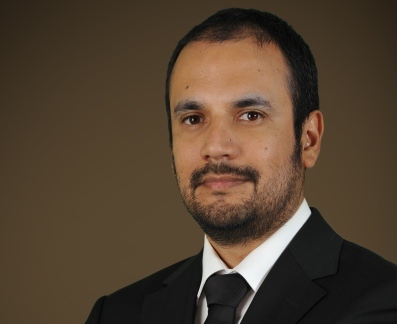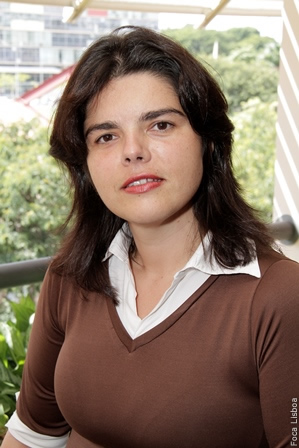Keynote Speakers

Carlos Castillo
http://chato.cl/research
Title: Algorithmic Bias in Rankings
Abstract:
In this talk we refer to bias in its everyday sense, as a prejudice against a person or a group, and ask whether an algorithm, particularly a ranking algorithm, can be biased. We begin by defining under which conditions this can happen. Next, we describe key results from research on algorithmic fairness, much of which studies automatic classification by a supervised learning method. Finally, we attempt to map these concepts to rankings and to introduce new, ranking-specific ways of looking at algorithmic bias.
Short Bio:
Carlos Castillo is a Distinguished Research Professor at Universitat Pompeu Fabra in Barcelona, where he leads the Web Science and Social Computing research group. He is a web miner with a background on information retrieval, and has been influential in the areas of crisis informatics, web content quality and credibility, and adversarial web search. He is a prolific, highly cited researcher who has co-authored over 80 publications in top-tier international conferences and journals, receiving a test-of-time award, two best paper awards, and two best student paper awards. His works include a book on Big Crisis Data, as well as monographs on Information and Influence Propagation, and Adversarial Web Search. Carlos received his Ph.D from the University of Chile (2004), and was a visiting scientist at Universitat Pompeu Fabra (2005) and Sapienza Universitá di Roma (2006) before working as a scientist and senior scientist at Yahoo! Research (2006-2012), as a senior scientist and principal scientist at Qatar Computing Research Institute (2012-2015), and as director of research for data science at Eurecat (2016-2017).

Jussara M. Almeida
https://homepages.dcc.ufmg.br/~jussara
Title: Misinformation Dissemination on the Web
Abstract:
Misinformation dissemination is a topic that has gained a lot of attention from academia and public media, in general. Despite a rich literature on strategies to detect and mitigate this phenomenon, the problem still persists with impact on several sectors of the society. In this talk, I will discuss the problem, revise existing approaches as well as discuss challenges to properly address it. I will also discuss recent results of our group on the investigation of misinformation spread on WhatsApp.
Short Bio:
Jussara M. Almeida is a professor at the Computer Science Department of the Universidade Federal de Minas Gerais in Brazil, where she leads the social computing research group. Her broad interests are on quantitative models of user behavior including detection of misbehavior, popularity prediction and content recommendation. She received her PhD from the University of Madison-Wisconsin, US in 2003. Jussara has published over 180 publications in conferences and journals having received multiple best paper awards. She has been an Affiliated Member of the Brazilian Academy of Sciences and has been a member of several prestigious international award committees.
Social Media